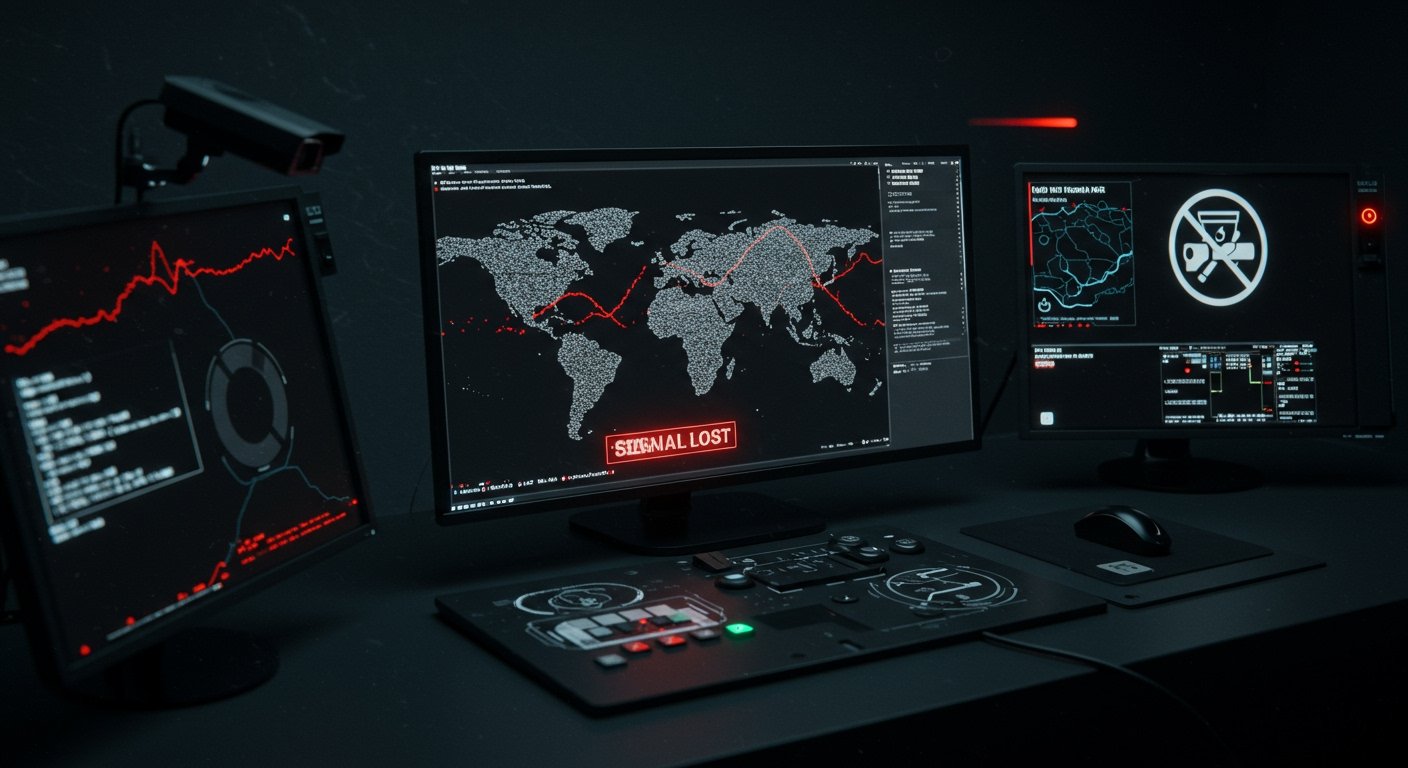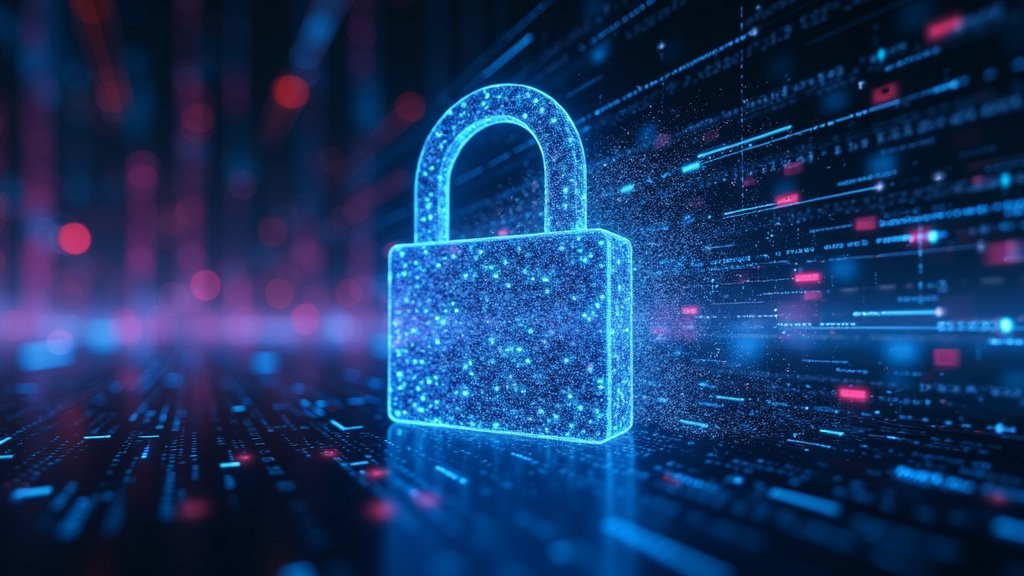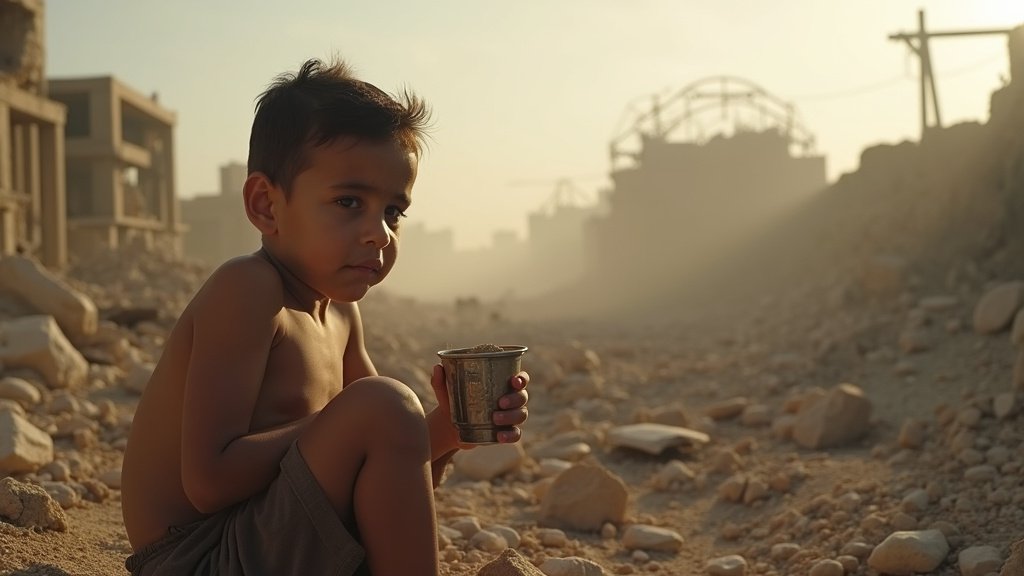Iran’s Nuclear Horizon
VIENNA/TEHRAN/WASHINGTON – The head of the United Nations’ nuclear watchdog issued a stark warning on June 29, 2025, stating that Iran is likely just “in a matter of months” away from resuming the production of enriched uranium. The pronouncement by Rafael Mariano Grossi, Director General of the International Atomic Energy Agency (IAEA), immediately triggered a forceful reaction from Tehran, further escalating tensions surrounding the Islamic Republic’s nuclear program.
Grossi’s assessment, shared on the specified date, underscores persistent concerns among international observers regarding the potential trajectory of Iran’s nuclear activities. Enriched uranium is a critical component that can be used as fuel for nuclear power plants, but if enriched to higher levels, it can also become the fissile material required for nuclear weapons. The prospect of Iran potentially accelerating or restarting production of this sensitive material within a short timeframe represents a significant development closely watched by global powers.
Tehran’s Swift Retaliation and Restriction on Monitoring
Iran’s response to the IAEA chief’s statement was swift and defiant. According to the Iranian national news agency IRNA, Iran’s foreign minister, Abbas Araghchi, announced immediate countermeasures targeting the IAEA’s access and monitoring capabilities. Minister Araghchi declared that Iran will prohibit Director General Grossi from entering the country. This move directly challenges the agency’s ability to conduct high-level diplomatic engagements and potentially critical inspections.
Furthermore, Minister Araghchi stated that Iran will not allow the IAEA to install surveillance cameras at its nuclear facilities. This restriction is particularly impactful as surveillance cameras are a key tool used by the IAEA to monitor activities at declared nuclear sites, providing continuity of knowledge about the presence and movement of nuclear materials and equipment. Banning the installation of these cameras significantly hinders the agency’s ability to verify Iran’s compliance with safeguard agreements and provide assurances about the peaceful nature of its nuclear program.
International Condemnation and US Response
The escalating situation drew immediate international attention and condemnation. The United States, a key player in efforts to address Iran’s nuclear program, voiced strong disapproval of the developments, particularly the rhetoric emanating from some quarters in Iran.
US Secretary of State Marco Rubio publicly condemned demands reportedly being made in Iran for the arrest and even execution of Director General Grossi. Secretary Rubio labeled these demands as “unacceptable,” signaling the level of concern in Washington regarding the safety and ability of IAEA personnel to carry out their mandated duties without intimidation or threats.
The Role of the IAEA and Verification Challenges
The IAEA serves as the world’s nuclear watchdog, tasked with verifying that countries are upholding their commitments under the Nuclear Non-Proliferation Treaty (NPT) and specific safeguard agreements. Its work involves inspecting nuclear facilities, reviewing nuclear material accounts, and deploying monitoring technologies, such as surveillance cameras, to detect any diversion of nuclear material from peaceful uses to weapons purposes.
Iran’s decision to ban Director General Grossi’s entry and prevent the installation of surveillance cameras poses a severe challenge to the agency’s verification mission. Without the ability to conduct comprehensive inspections and maintain continuous monitoring, the IAEA’s capacity to provide credible assurances about the absence of undeclared nuclear activities or materials in Iran is significantly diminished. This lack of transparency fuels international suspicion and complicates diplomatic efforts to resolve concerns about the nature of Iran’s program.
Broader Implications and Future Outlook
The potential resumption of enriched uranium production by Iran within months, coupled with its decision to restrict IAEA access and monitoring, carries significant implications for regional and international security. It could intensify geopolitical tensions in the Middle East and potentially trigger a renewed push for stricter international sanctions against Tehran.
The standoff between Iran and the IAEA, exacerbated by Tehran’s retaliatory measures, creates uncertainty about the future of diplomatic efforts to constrain Iran’s nuclear program. The international community faces the challenge of finding a path forward to restore full IAEA access and secure verifiable limits on Iran’s nuclear activities, potentially preventing a crisis that could have far-reaching consequences for global non-proliferation efforts.
As of June 29, 2025, the situation remains fluid, with the IAEA’s warning and Iran’s countermeasures setting the stage for a potentially volatile period of increased scrutiny and diplomatic maneuvering regarding the Islamic Republic’s nuclear ambitions.




